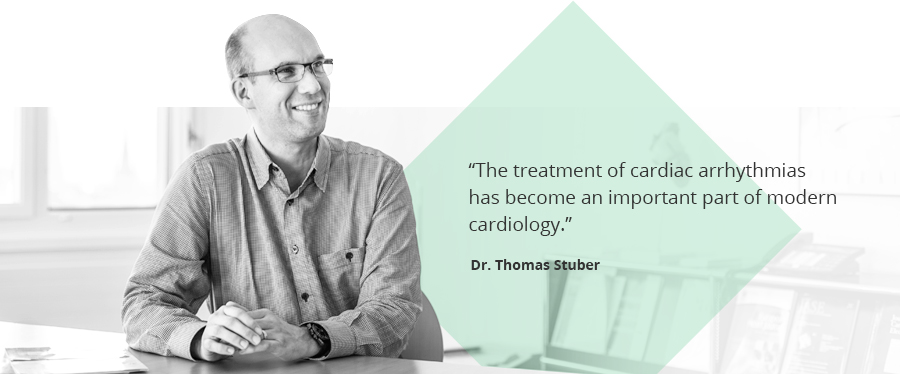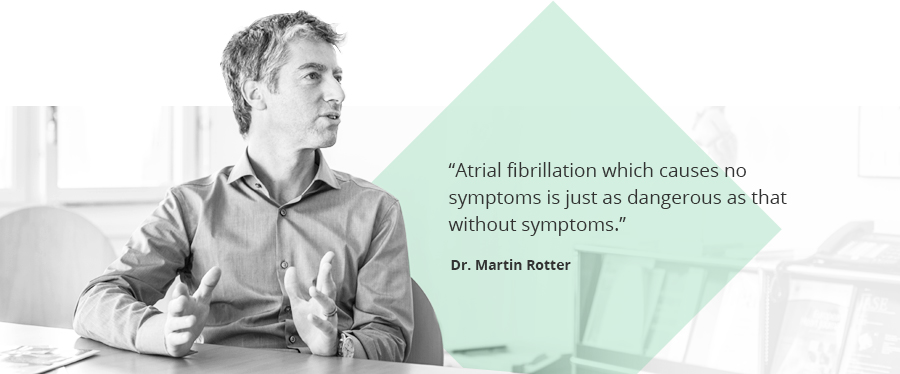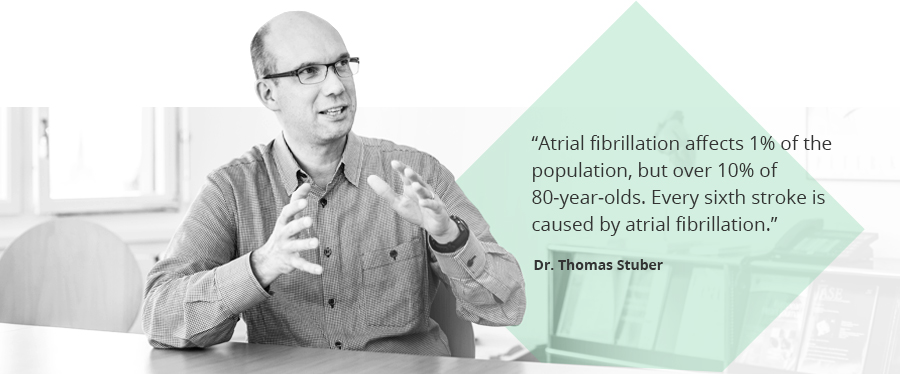Team of Experts
A committee of internationally recognised experts in electrophysiology evaluates the fellowship applications submitted. This ensures the objective assessment of the proposed project. A joint meeting is held at least once a year, during which new projects may be presented and ongoing projects discussed and evaluated
Most experts head centres where the submitted projects may also be carried out and they offer traineeships in clinical and scientific electrophysiology.
Dr Thomas Rostock, Mainz, Germany
Professor Rostock received his doctorate in medicine at the Free University of Berlin. His did his training in clinical cardiology and electrophysiology at the University Medical Centre Hamburg-Eppendorf under Professors Meinertz and Willems, as well as at the Bordeaux University Hospital under Professor Haïssaguerre. Back in Germany, he and Professor Willems made the Department of Electrophysiology of the University Medical Centre Hamburg-Eppendorf one of the biggest electrophysiology departments in Europe. After being awarded the venia legendi, he was called to the University of Mainz, where he now works as a professor of clinical and experimental electrophysiology.
Professor Rostock does research and publishes regularly in all major cardiology journals and is a member of the editorial boards of several magazines on electrophysiology. Current research projects concern, in particular, the better understanding of persistent atrial fibrillation.
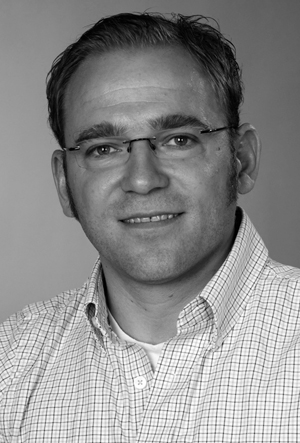
Professor Thomas Rostock
Professor Pierre Jaïs, CHU Bordeaux, France
Professor Jaïs obtained his doctorate at the University of Bordeaux in 1993. Even early on in his career, he specialised in the field of rhythmology. Together with Professor Haïssaguerre, he has been instrumental in the development of catheter ablation for atrial fibrillation. The Bordeaux group was the first in the world to succeed in isolating the pulmonary veins as well as a mechanism of atrial fibrillation, and demonstrated a possible treatment of atrial fibrillation. Professor Jaïs is currently the Director of Electrophysiology at the Bordeaux Teaching Hospital.
Current research projects are mainly concerned with the treatment of complex arrhythmias after extensive ablations as well as experimental work on the measurement of tissue changes during ablation.
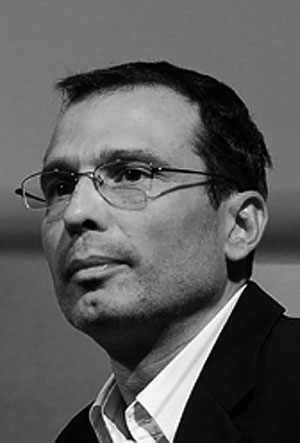
Professor Pierre Jaïs
Dr Mark O'Neill, St Thomas' Hospital, London
Dr O'Neill completed his medical training at the University College Dublin and the University of Oxford. This was then followed by clinical training in London and specialist training in cardiac electrophysiology in London and Bordeaux. On his return to London, he worked at St Mary's Hospital before being appointed to St Thomas' Hospital in 2009, where he currently heads the clinical research group in cardiac electrophysiology.
Dr O'Neill's research primarily focuses on the field of non-invasive imaging in electrophysiology and the development of new catheter technologies for ablation. He is also involved in the training of electrophysiologists in London.
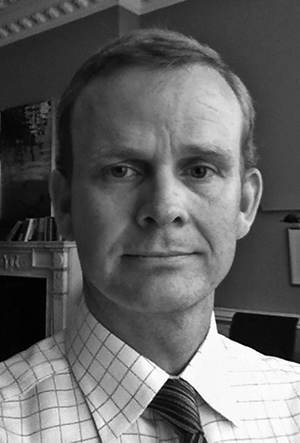
Dr Mark O'Neill
Dr P Boon Lim, Hammersmith Hospital, London
Dr Lim graduated in medicine from the University of Cambridge in 1999. He then trained in cardiology and electrophysiology in London. Currently, Dr Lim does clinical work at Hammersmith Hospital in London and lectures at Imperial College London.
The focus of Dr Lim's research involves the study of the autonomic nervous system and its impact on arrhythmias, particularly atrial fibrillation, as well as the treatment of arrhythmias by ablation of the autonomic nervous system.
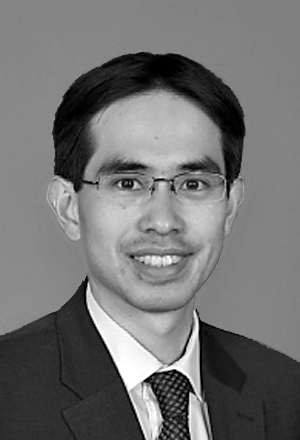
Dr P Boon Lim
Dr Etienne Delacrétaz, Lausanne, Switzerland
Dr Delacrétaz received his medical degree from the University of Lausanne in 1987. He undertook clinical training in cardiology and electrophysiology at the Universities of Lausanne, Geneva and Bern. Dr Delacrétaz then enjoyed sound training in electrophysiology with an emphasis on ventricular arrhythmias in Boston under Professor Bill Stevenson. After returning to Switzerland, he worked as a professor and headed the Research Department of Electrophysiology at the University Hospital Bern. Since 2014, he has worked as Head of Electrophysiology at the Clinique Cecil in Lausanne.
The main emphases of Dr Delacrétaz's research are, on the one hand, basic research in the field of cardiac conduction (SNF Professorship 2002–2006) as well as the clinical research of ventricular arrhythmias.
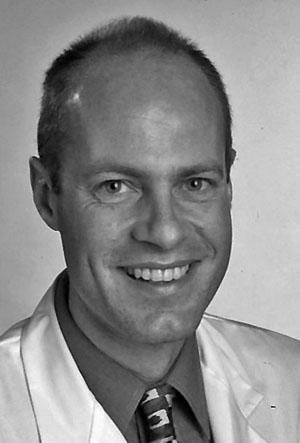
Dr Etienne Delacrétaz
Dr Martin Rotter, Bern, Switzerland
Dr Rotter studied in medicine in Bern and completed his studies in 1996. He then trained in internal medicine and cardiology at the University Hospital Bern. He was able to train in electrophysiology at the University Hospital of Bordeaux, France, under Professor Haïssaguerre, a pioneer of electrophysiology and regarded as the "inventor" of the invasive electrophysiological treatment of atrial fibrillation. After that, Dr Rotter returned to Bern, where he initially worked as the senior physician for rhythmology at the University Hospital. Since 2007, he has been a self-employed member of the cardiology group practice "Kardiologische Gemeinschaftspraxis" (KGP). He is heads the Electrophysiology Department of the Klinik Beau-Site in Bern.
His research priorities were and are clinical research in invasive electrophysiology.
Dr Rotter, together with Dr Stuber, is a founder of the Heart Rhythm Foundation and thus promotes the training of young colleagues, the advanced training of primary care physicians and specialists as well as knowledge of arrhythmias and their problems among the general public.
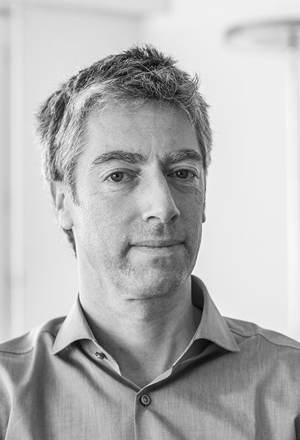
Dr Martin Rotter
Dr Thomas Stuber, Bern, Switzerland
Dr Stuber studied medicine in Bern and completed his studies in 1998. He undertook clinical training in internal medicine and cardiology in Solothurn and Bern. After obtaining the specialist title of cardiologist, his training in electrophysiology led him to St Mary's Hospital in London, where he received thorough training in electrophysiology over a two-year period. Back in Switzerland, as Head of Electrophysiology at the Triemlispital in Zurich, Dr Stuber built up the Rhythmological Department there. In 2011, Dr Stuber then joined the cardiologists at the cardiology group practice in Bern, where he now works as electrophysiologist, together with Dr Rotter.
Dr Stuber is the President of the Board of the Heart Rhythm Foundation. Promoting the training of young colleagues and educating the general public about arrhythmias and their consequences are his main concerns.
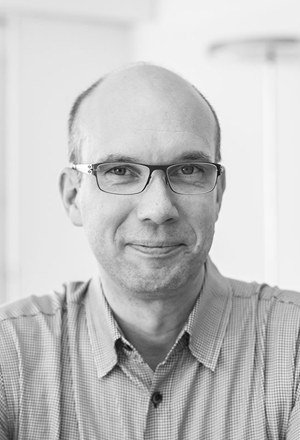
Dr Thomas Stuber
